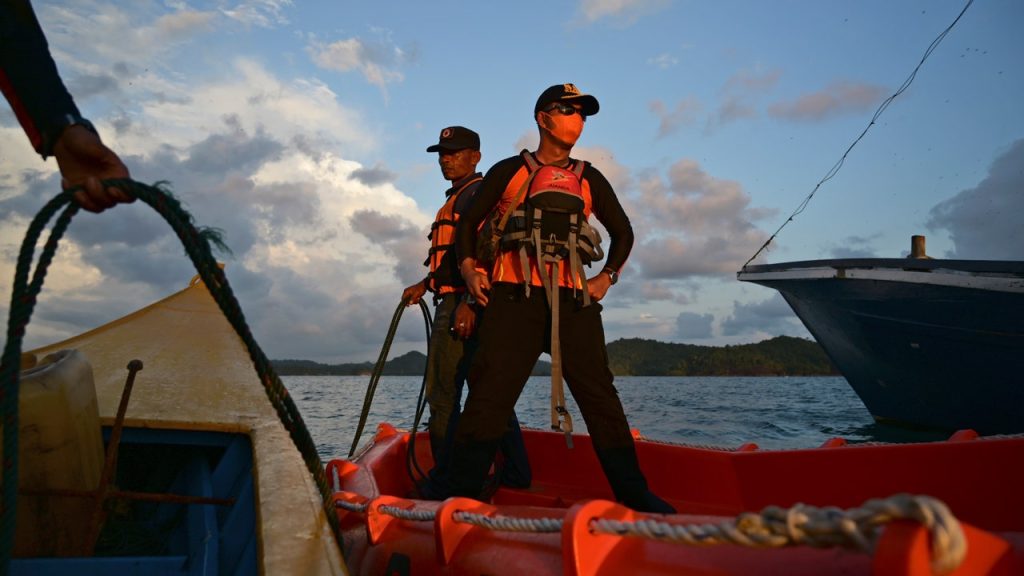Six more bodies of Rohingya refugees were found at sea off Indonesia after a boat capsized with over 150 people aboard last week. The bodies of six women were discovered off the coast of Aceh province, with five bodies found over the weekend. The United Nations refugee agency confirmed that these women were on the boat, which had left a refugee camp in Bangladesh before capsizing. Fishermen and search and rescue workers were able to rescue 75 people who had been huddled overnight on the overturned hull of the boat.
The United Nations agencies have reported that at least 70 people are feared missing or dead after the incident. The Rohingya refugees who were on the boat are part of the nearly 1 million predominately Muslim Rohingya living in Bangladesh as refugees from Burma. Many of these refugees fled a brutal counterinsurgency campaign in 2017, where Burma’s security forces were accused of committing mass rapes and killings. The Rohingya minority in Burma faces widespread discrimination and are denied citizenship, leading many to seek refuge in neighboring countries.
Indonesia, along with Thailand and Malaysia, is not a signatory to the United Nations’ 1951 Refugee Convention and is not obligated to accept refugees. However, the country typically provides temporary shelter to refugees in distress. The recent tragedy highlights the dangerous journey that many Rohingya refugees undertake in search of safety and a better life. The capsizing of the boat in Indonesia emphasizes the plight of the Rohingya people and calls for increased international support to address the root causes of their displacement.
The rescue efforts in finding survivors and recovering bodies highlight the urgent need for greater attention to the plight of Rohingya refugees. Their journey is often perilous, with many risking their lives in overcrowded and unseaworthy boats to escape conflict and persecution in their home country. The international community must work together to address the underlying issues that force Rohingya refugees to flee and ensure their safety and well-being.
The ongoing refugee crisis involving Rohingya Muslims in Southeast Asia underscores the need for a comprehensive and coordinated response to support and protect vulnerable populations. The recent tragedies at sea serve as a stark reminder of the challenges and risks faced by refugees seeking safety and protection. It is imperative for countries and organizations to work together to address the root causes of displacement and create sustainable solutions to provide a safe haven for those in need.
The tragic incident in Indonesia serves as a wake-up call to the international community to take immediate action to address the plight of Rohingya refugees and prevent further loss of life. By working together to provide support, protection, and assistance to vulnerable populations, we can help ensure the safety and well-being of those fleeing conflict and persecution. It is essential for countries to uphold their obligations under international law and provide a safe haven for refugees in distress. The tragic loss of life in this incident underscores the urgent need for a coordinated response to address the root causes of displacement and provide sustainable solutions for those in need.


